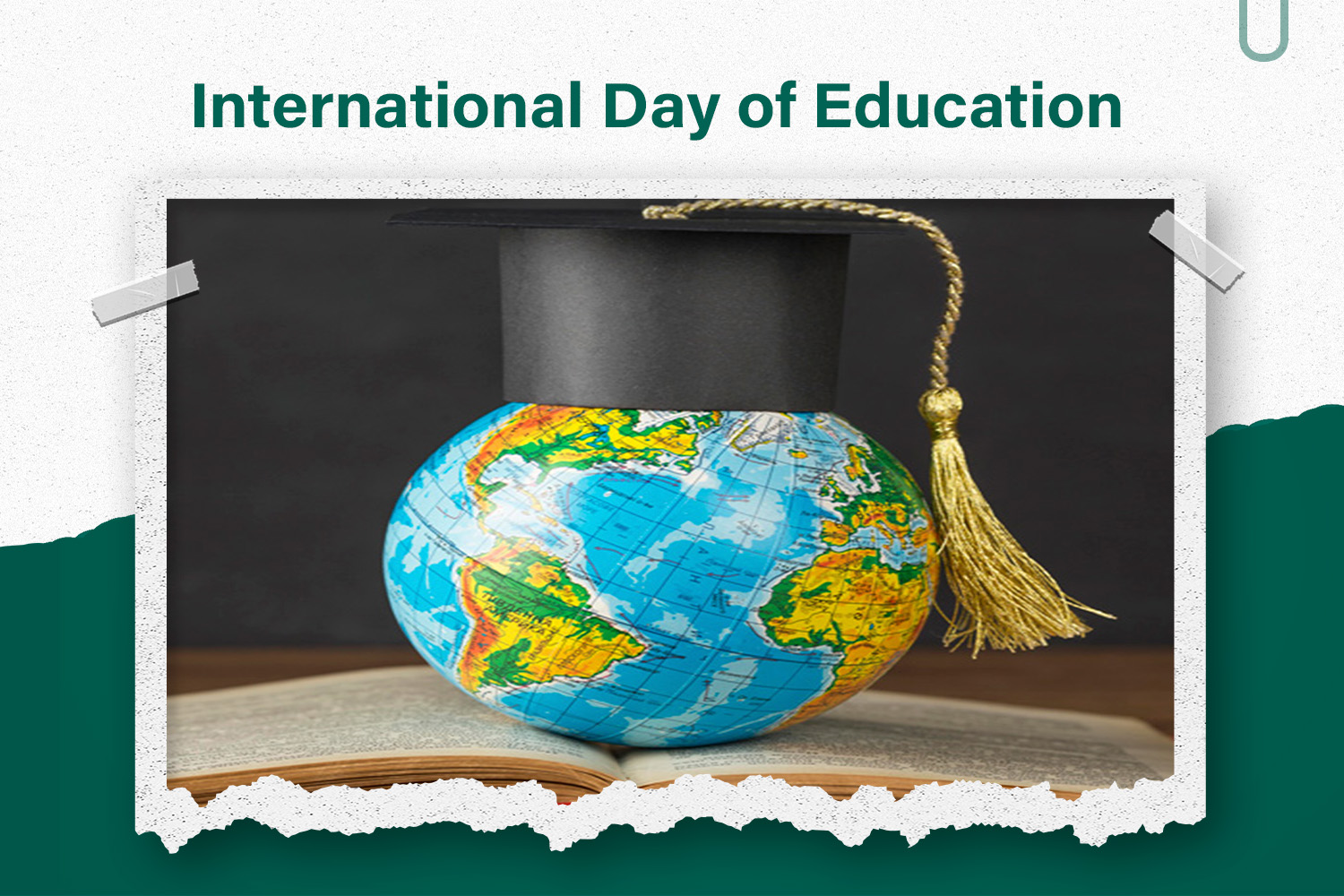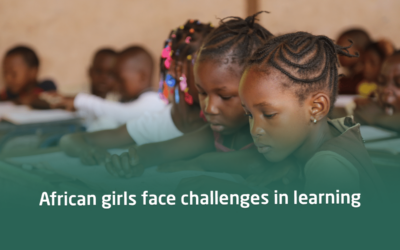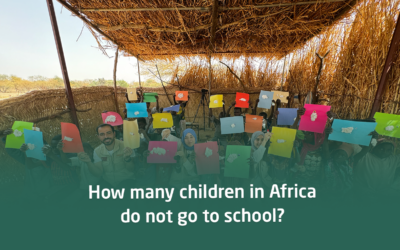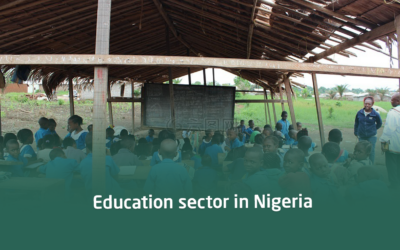The world celebrates International Education Day on the twenty-second of December every year. This day aims to raise awareness of the importance of education and promote its accessibility for all around the world. Education is a fundamental right that contributes to achieving sustainable development and building a better future for individuals and societies. The International Education Day is an opportunity to focus on the challenges facing education and work to achieve it for all.here are the most prominent contributions of our association in the education sector.
Objectives of the International Day of Education
The celebration of the International Day of Education aims to highlight the importance of education and promote its accessibility for all. One of its most important goals is to raise community awareness of the importance of education in achieving sustainable development and building a better future for individuals and communities. It also seeks to achieve inclusive and equitable education and address the challenges faced by education around the world. It also aims to support efforts to achieve sustainable education and strengthen the role of the international community in this area.
The importance of achieving education for all
Achieving education for all is a necessity and a fundamental right of every human being. Education gives individuals the opportunity to develop their skills, gain knowledge and overcome poverty and the challenges they face. It also contributes to building sustainable societies by providing opportunities and knowledge that enable individuals to contribute to economic and social development and prosperity.
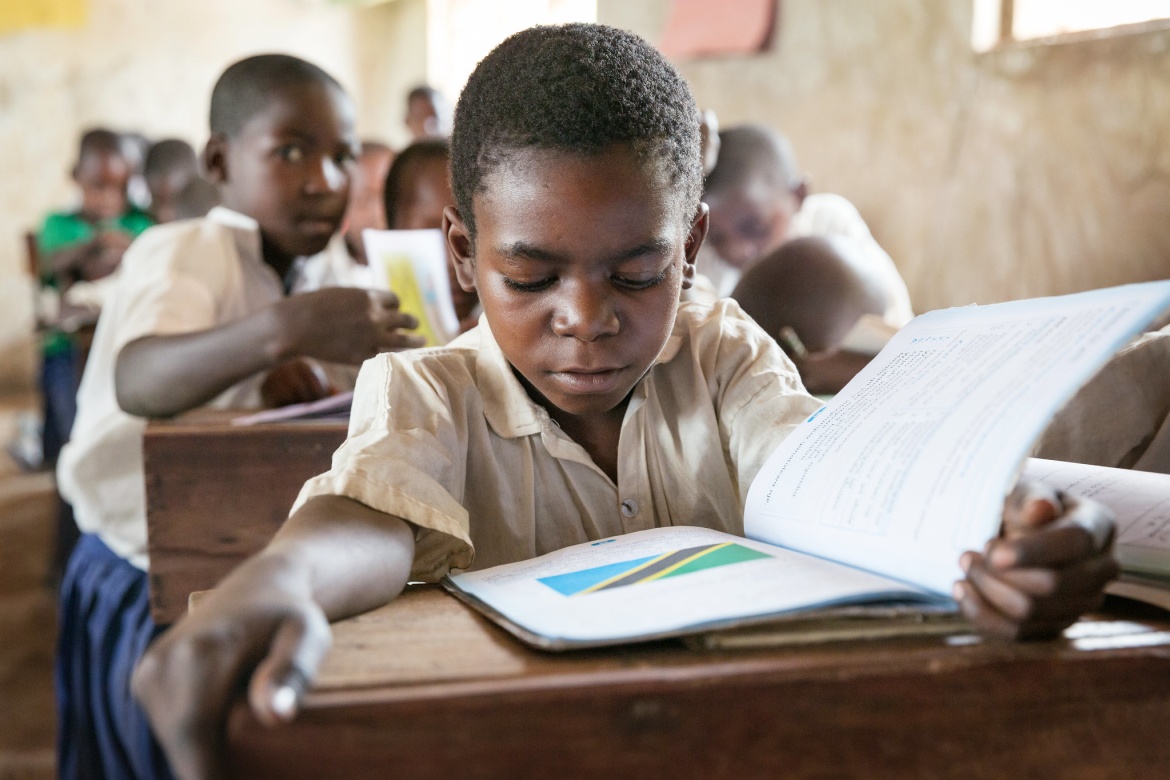
International Day of Education
The right to education
The right to education is one of the fundamental human rights, as it guarantees everyone the opportunity to get an education and personal development. Education should be accessible and equitable for everyone, regardless of a person’s nationality or socio-economic background. The realization of the right to education requires joint efforts of governments and the international community to provide the necessary funding and resources for education for all.
The right to education as a fundamental right of every human being
The right to education is one of the fundamental human rights, as it guarantees everyone the opportunity to obtain education and personal development. Education increases the abilities of individuals and enables them to have better opportunities in life. Moreover, education contributes to enhancing awareness, communication and understanding between individuals and Peoples, which contributes to building prosperous and developed societies. The right to education must be protected and promoted for every human being regardless of his background or social status.
Achieving inclusive and equitable education
Achieving inclusive and equitable education aims to ensure that all individuals have access to educational opportunities regardless of their disabilities and socio-economic conditions. This requires equal access to education for all, including marginalized and disadvantaged groups. Challenges related to funding, infrastructure and teacher training must also be addressed. Achieving inclusive and equitable education requires the cooperation and strengthening of joint efforts of governments and the international community.
Challenges facing global education
The challenges facing global education include the lack of funding and resources needed to achieve high-quality education. Education also faces challenges in reaching remote and disadvantaged areas, improving the quality of education and training teachers. It is important to overcome these challenges and provide an educational environment that helps everyone to have fair and equitable educational opportunities.
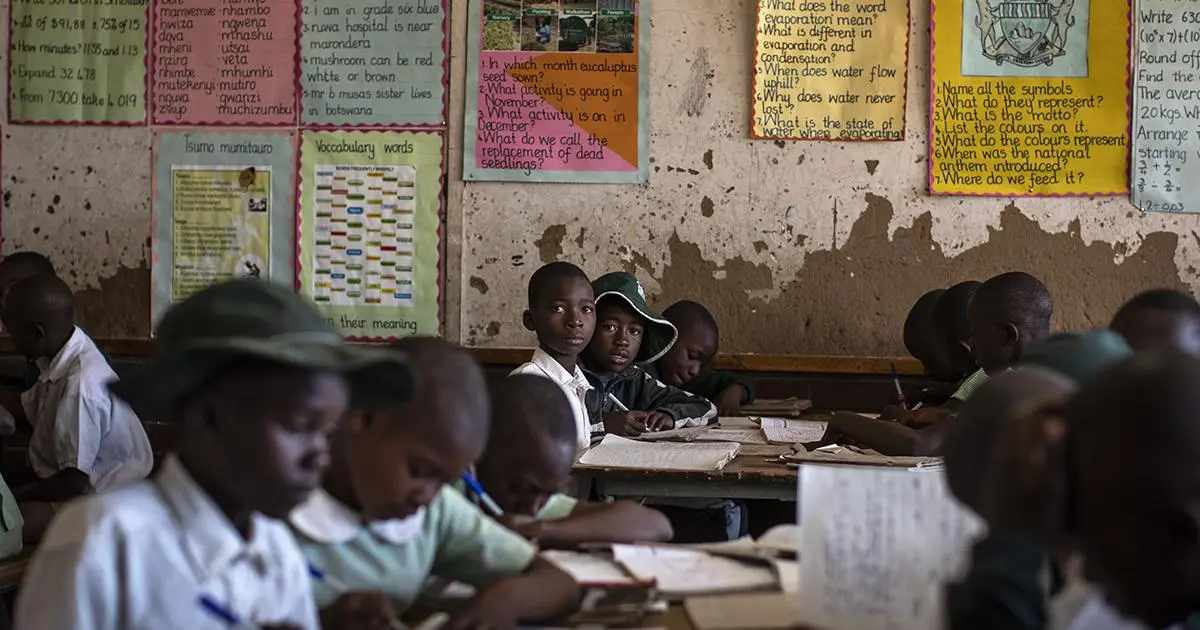
International Day of Education
Lack of funding and resources for education
Lack of funding and resources is a major challenge facing global education. Many countries suffer from a lack of funding to develop infrastructure and provide the necessary educational resources. The lack of budget affects the quality and progress of Education, makes it difficult to deliver education to disadvantaged groups and remote communities. It is important to increase investment in education and provide the necessary funding to achieve high-quality education for all.
Challenges related to access to education in remote and disadvantaged areas
Challenges related to access to education in remote and disadvantaged areas include the lack of schools and teachers in those areas, high school dropout rates, and difficult access to educational and technological infrastructure. These regions also face difficulties in attracting qualified teachers and providing them with the necessary support and training. Therefore, efforts should be directed towards developing infrastructure and enhancing access to education in these important regions.
Ahad Association’s contribution to supporting education in Africa
The issues of development and education in the African continent have become at the forefront of the international community’s concerns, amid this context, AHAD stands out as a pioneer in the field of education support. Her contributions are to establish schools, provide educational supplies, and train teachers to improve the quality of Education. AHAD works to raise awareness of the importance of education and encourage local communities to engage in building a better future for their children. Through its tireless efforts, the association seeks to eradicate illiteracy and empower youth and children in Africa, and to fill these works by collecting donations counted as ongoing charity, and providing equal opportunities for Education, which positively reflects on the sustainable development of the continent, noting that the association also contributes to water mosque and drilling a well to solve the water problem.
Achieving sustainable education
Achieving sustainable education is a key and crucial goal in the global educational agenda. Sustainable education is the provision of lifelong learning opportunities for all, including primary, secondary, higher and vocational education. Sustainable education is an engine for Sustainable Development and the achievement of the 2030 Sustainable Development Goals. Finding new ways to finance education, promoting quality and sustainable schools, and enabling women and girls to access education are priorities for achieving sustainable education.
Education as an engine for Sustainable Development
Education is one of the most important factors contributing to the achievement of Sustainable Development at the global level. It contributes to building sustainable communities by providing the necessary skills and raising awareness of environmental and social issues. Sustainable education strengthens the economies of the regions and contributes to balancing the current and future needs of the next generation. It is important that sustainable education is integrated into global education policies to ensure sustainable development and a better future for all.
The importance of integrating sustainable education into education policies
The integration of sustainable education into education policies is essential to ensure sustainable development. This contributes to enhancing awareness of environmental and social issues, and providing the necessary skills to deal with future challenges. The integration of sustainable education into global education policies ensures a balance between current and future needs and the building of a better future for all.
The main issues in the field of global education
The global education sector faces several key issues. Among these issues there is a lack of funding and resources for education, as well as challenges related to access to education in remote and disadvantaged areas. Achieving education for all requires overcoming these issues and achieving inclusive and equitable education for all individuals.
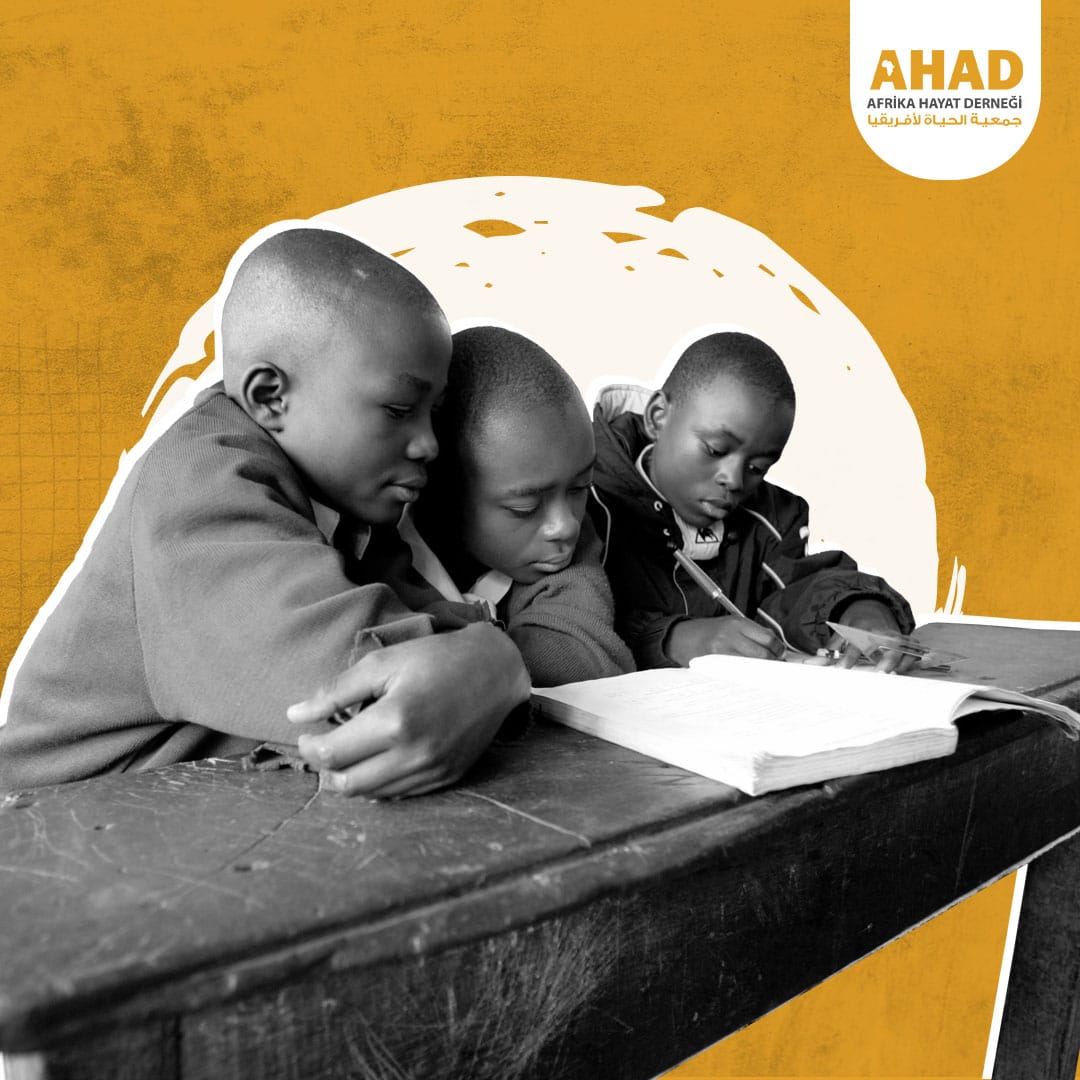
International Day of Education
Overcoming challenges and achieving education for all
The global education sector faces many challenges, and in order to achieve education for all, these challenges must be overcome. This requires cooperation between governments, international organizations and the local community. Funding should be increased and resources made available to improve the quality of education and expand access to it. In addition, teacher training programs and financial support for students in needy families should be provided. To achieve inclusive education for all, we must focus on the economic, social and cultural issues that affect access and learning opportunities.
Community participation in achieving global education
The participation of the local community plays a crucial role in achieving global education. When the community participates in efforts to improve education, awareness of the importance of education is enhanced and more support and resources are achieved. The local community can work with schools and teachers to provide support and help provide material and moral possibilities. In addition, the local community can play a role in promoting awareness of education, promoting inclusiveness and reducing school dropout rates.

